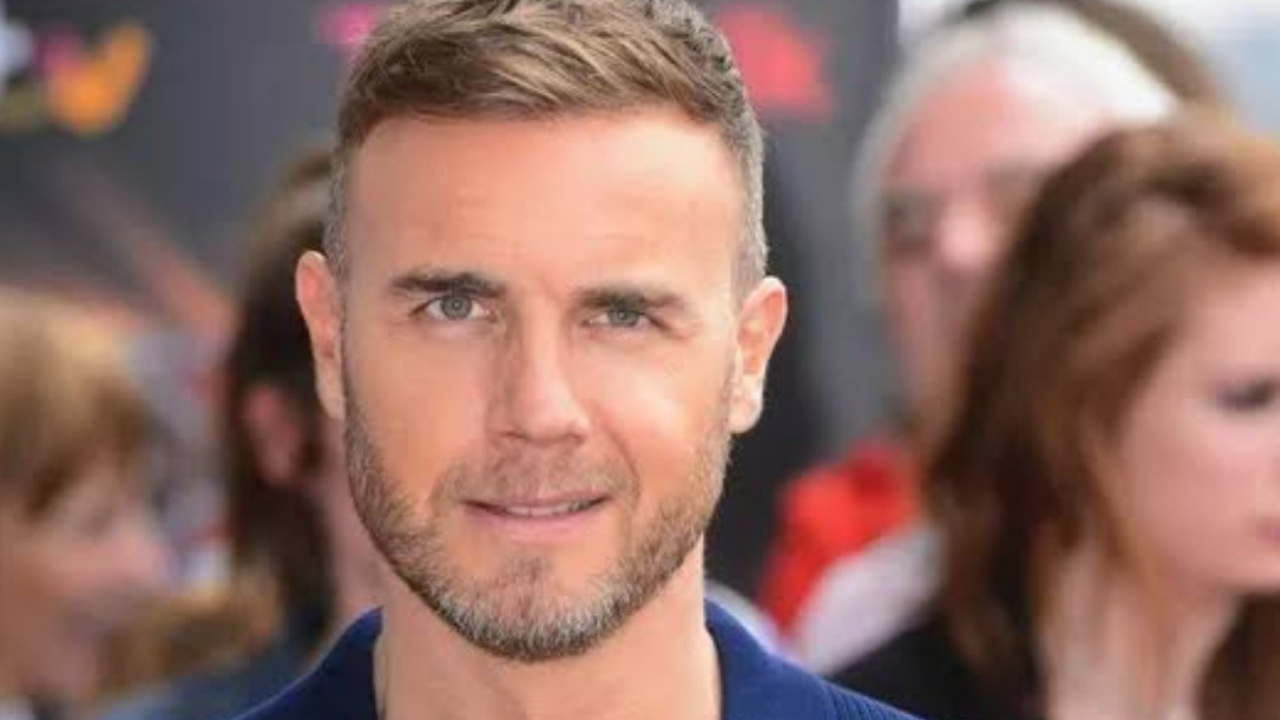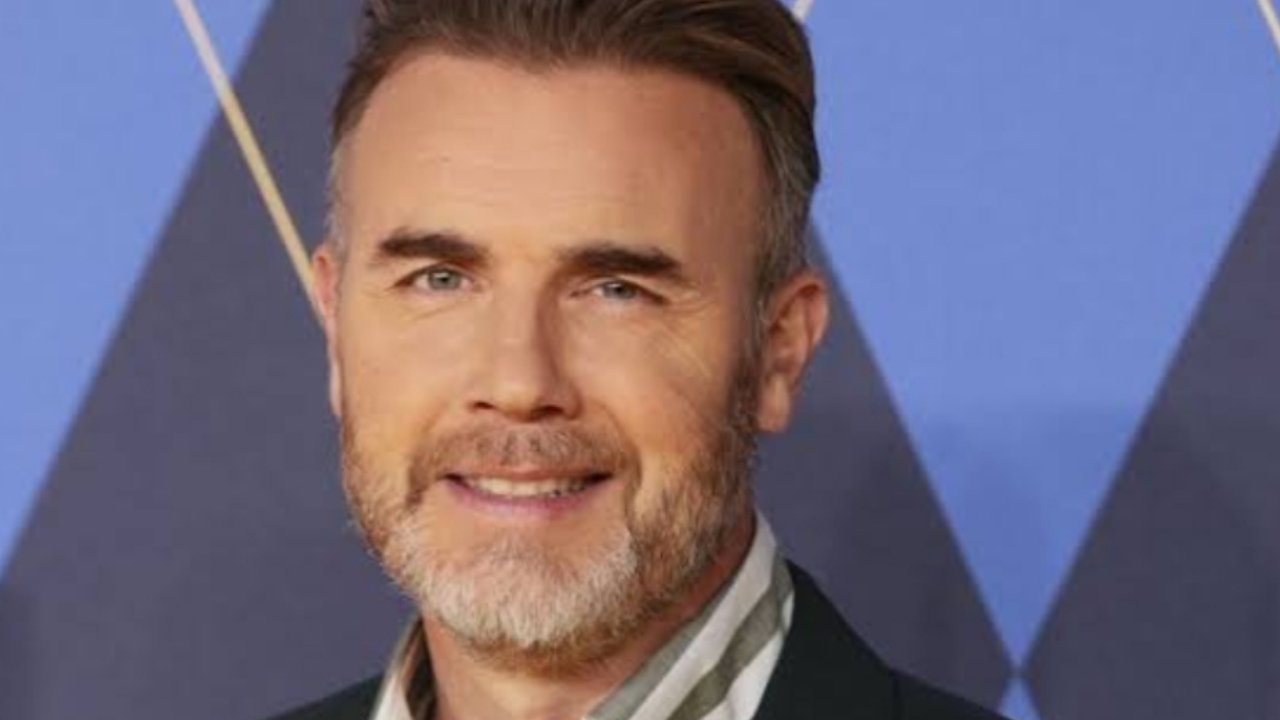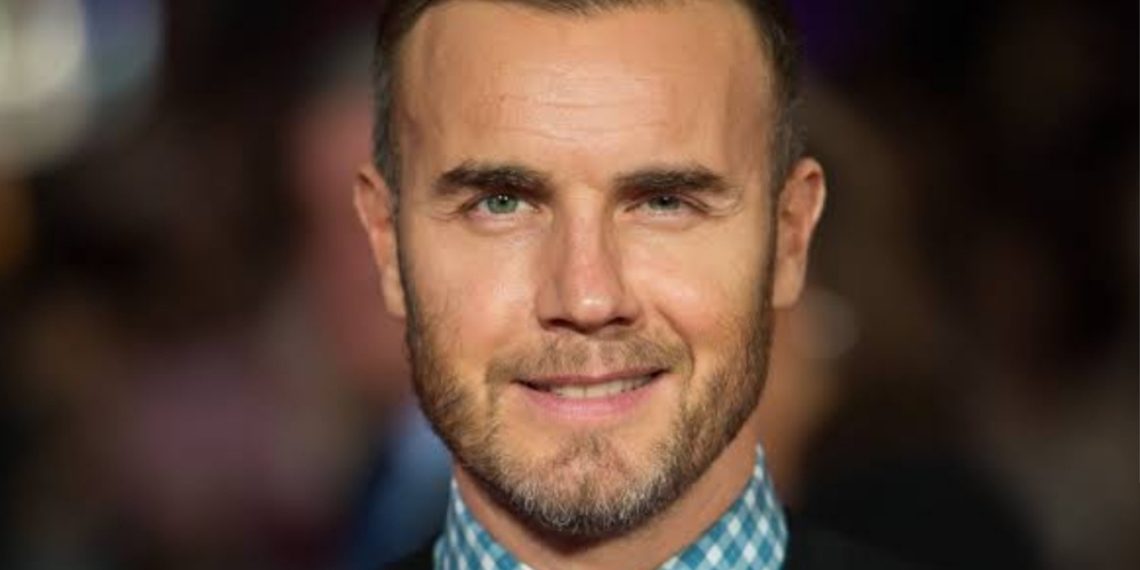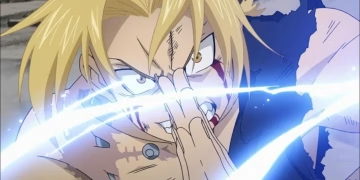Gary Barlow, a highly successful British musician, singer-songwriter, pianist, and producer, has a net worth estimated at $125 million. He is widely recognized for his role as the lead singer and primary songwriter of the British boy band Take That, which gained immense popularity in the early 1990s and continues to enjoy success to this day.
His musical career, which spans over three decades, has been marked by numerous hit songs, sold-out tours, and critical acclaim.
Early Life and Musical Beginnings
Born on January 20, 1971, in Frodsham, Cheshire, England, Gary Barlow’s interest in music began at an early age. He was heavily influenced by the pop and rock music of the late 70s and early 80s, citing Elton John as one of his major inspirations.
Barlow was keen on learning the piano and even entered a BBC competition at the age of 15, showcasing his talent.
Although his initial foray into the music industry was modest, Barlow’s passion for songwriting and performing led him to seek out opportunities in the business.
Take That: The Rise to Fame
In 1989, Barlow’s big break came when he was discovered by music agent Barry Woolley, who helped him gain recognition in the music industry.
A pivotal moment occurred when Barlow was introduced to Nigel Martin-Smith, who was in the process of forming a boy band.

Martin-Smith was impressed by Barlow’s songwriting ability and selected him as the lead singer of the newly formed group, Take That.
The band, consisting of Barlow, Howard Donald, Jason Orange, Mark Owen, and later Robbie Williams, was signed to RCA Records.
Take That’s debut album, Take That & Party (1992), was a commercial success, reaching #2 on the UK Albums Chart. The album included hits like “Pray” and “A Million Love Songs,” both of which helped the band gain national fame.
Their second album, Everything Changes (1993), was largely driven by Barlow’s songwriting, and it was a massive success.
It went straight to #1 in the UK and produced four chart-topping singles. One of those singles, “Pray,” earned Barlow an Ivor Novello Award for Best Contemporary Song in 1994.
Take That’s third album, Nobody Else (1995), also charted at #1 in the UK and spawned the band’s most iconic song, “Back for Good.”
However, despite their continued success, Take That announced their split in 1996, leaving a massive void in the UK pop scene.
Solo Career and Continued Success
After the breakup of Take That, Gary Barlow embarked on a solo career. His first two singles, “Forever Love” and “Love Won’t Wait,” both topped the UK charts.
His debut album, Open Road (1997), was a commercial success, reaching #1 on the UK Albums Chart and selling over two million copies worldwide.
Barlow even managed to achieve success in the United States with the single “So Help Me Girl,” which reached #44 on the Billboard Hot 100 and #1 on the Billboard Contemporary chart.
However, his second album, Twelve Months, Eleven Days (1999), failed to gain the same level of success and saw limited promotion. Disheartened by this, Barlow stepped away from his music career and focused on producing for other artists between 2000 and 2004.
This period of hiatus allowed Barlow to refine his skills as a producer and songwriter for acts like Lily Allen and Robbie Williams.

The Take That Reunion
In 2005, Barlow and the remaining members of Take That reunited after a successful TV documentary about the band’s rise to fame. The comeback was a major success, and Take That enjoyed a renaissance in the UK music scene.
Their reunion single “Patience” topped the UK charts and won a Brit Award for Single of the Year. Their subsequent album, Beautiful World (2006), was a chart-topping success, cementing their comeback as one of the most successful pop reunions in music history.
The band’s continued success was marked by the release of albums like The Circus (2008), Progress (2010), III (2014), and Wonderland (2017), all of which topped the UK charts.
Despite Take That’s focus on group projects, Gary Barlow also continued to release solo material, including Sing (2012), Since I Saw You Last (2013), and Music Played by Humans (2020).
These albums further solidified his position as one of the UK’s most respected and successful musical talents.
Songwriting and Other Contributions
Gary Barlow’s talent as a songwriter extends beyond his own work. He has written songs for a variety of other artists, including his Take That bandmates, Elton John, Lily Allen, and others.
One of his most notable achievements was being invited to co-write a song for the Queen’s Diamond Jubilee alongside composer Andrew Lloyd Webber.
Barlow has also served as a judge on The X Factor UK for several seasons, further increasing his profile in the public eye.
In addition to his musical contributions, Barlow has received numerous awards, including five Ivor Novello Awards for his songwriting.
His impact on the music industry is further evidenced by his ability to navigate both the commercial and artistic aspects of the business, keeping his career relevant over decades.
Personal Life and Challenges
Gary Barlow married Dawn Andrews in 2000, and they have three children together. Despite facing personal challenges, including the stillbirth of their daughter Poppy in 2012, Barlow has shown resilience and continued his professional commitments.
He performed at the London 2012 Olympic Games Closing Ceremony just a week after the heartbreaking loss of his daughter, an act that earned him further admiration for his professionalism and strength.
Financial Success and Wealth
With a career spanning decades, Gary Barlow’s net worth of $125 million reflects his extensive contributions to the music industry.
His wealth comes not only from the sales of his albums and successful tours but also from royalties, his work as a producer and songwriter for other artists, and his role as a television personality on The X Factor.
Additionally, Barlow has invested in various business ventures, further growing his financial portfolio.
Gary Barlow’s long-lasting impact on the music industry, coupled with his diverse talents and business acumen, has allowed him to remain one of the wealthiest and most influential figures in the UK music scene.





